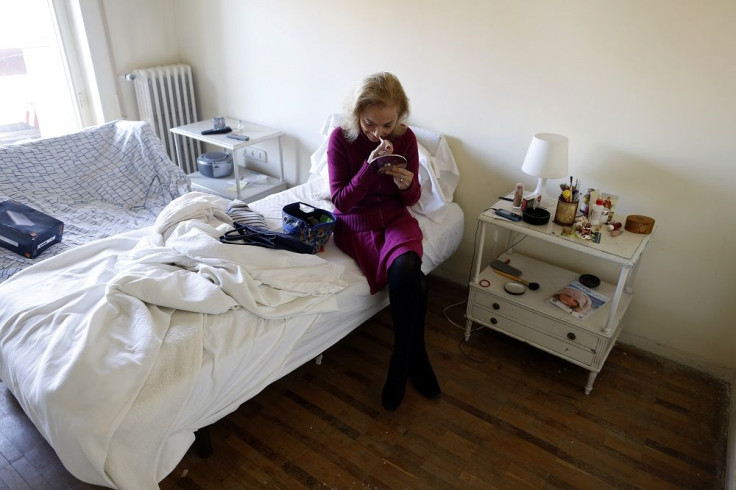Prostate cancer treatment poses 88% chance of causing Alzheimer’s

Hormone therapy, a common treatment for prostate cancer may double the risk of Alzheimer’s disease. Called androgen deprivation therapy (ADT) as well, it lowers the levels of testosterone, linking the therapy to the development of Alzheimer’s.
Individuals who receive hormone therapy have an 88 per cent chance of developing Alzheimer’s compared with other patients. The longer the treatment, the more the risk increases. The patients with at least 12 months of hormone therapy had more than twice the risk of an Alzheimer's diagnosis.
Published on Dec. 7 in the Journal of Clinical Oncology, the study was based on an analysis of 16,888 records of patients with prostate cancer, with 2,397 men receiving hormone therapy. Over the next 2.7 years, there were 125 new diagnoses of Alzheimer’s disease.
"We found that the people who got androgen deprivation therapy had a higher risk of Alzheimer's disease, and the people who were on ADT the longest had the greatest risk of Alzheimer's," said lead author, Kevin Nead, WebMD reports. "In our study, there was a suggestion that this is a dose-dependent effect."
The experts said that more studies should be conducted before giving any advice on how to treat prostate cancer. The treatment has been used since the 1940s and currently, about half a million US men receive ADT.
“It would not be appropriate to change the way we treat patients now,” Nead adds. “Androgen treatment is life-extending treatment, and very important. We found an association, but there is no evidence that hormone therapy causes Alzheimer’s.”
"I don't think any doctors are going to make different decisions based on this single study," Keith Fargo, director of scientific programs and outreach for the Alzheimer's Association, said. "If your doctor has put you on this medication for your prostate cancer treatment, you should continue it. Consult with your physician, but don't stop taking your medication based on a study like this."
In 2011, 19,993 new cases of prostate cancer were reported in Australia, according to Cancer Council Australia. This represents 30 per cent of all cancers diagnosed in Australian men. In 2012, 3,079 died from the said cancer which accounts for 13 per cent of all cancer deaths among Australian men. There are no proven measures to prevent prostate cancer, but the five-year survival rate for men diagnosed with the cancer is more than 92 per cent.
Contact the writer at feedback@ibtimes.com.au or tell us what you think below.





